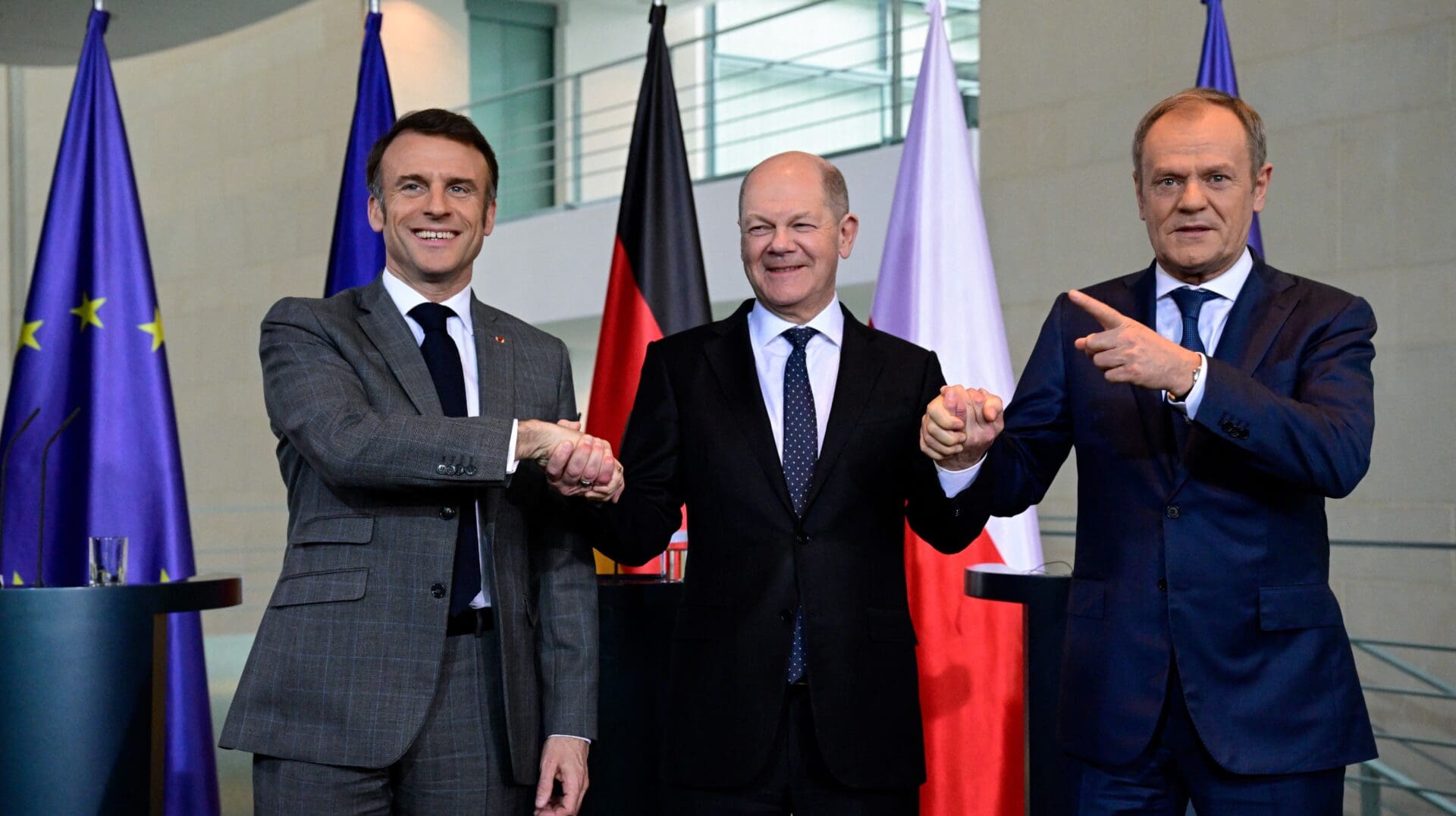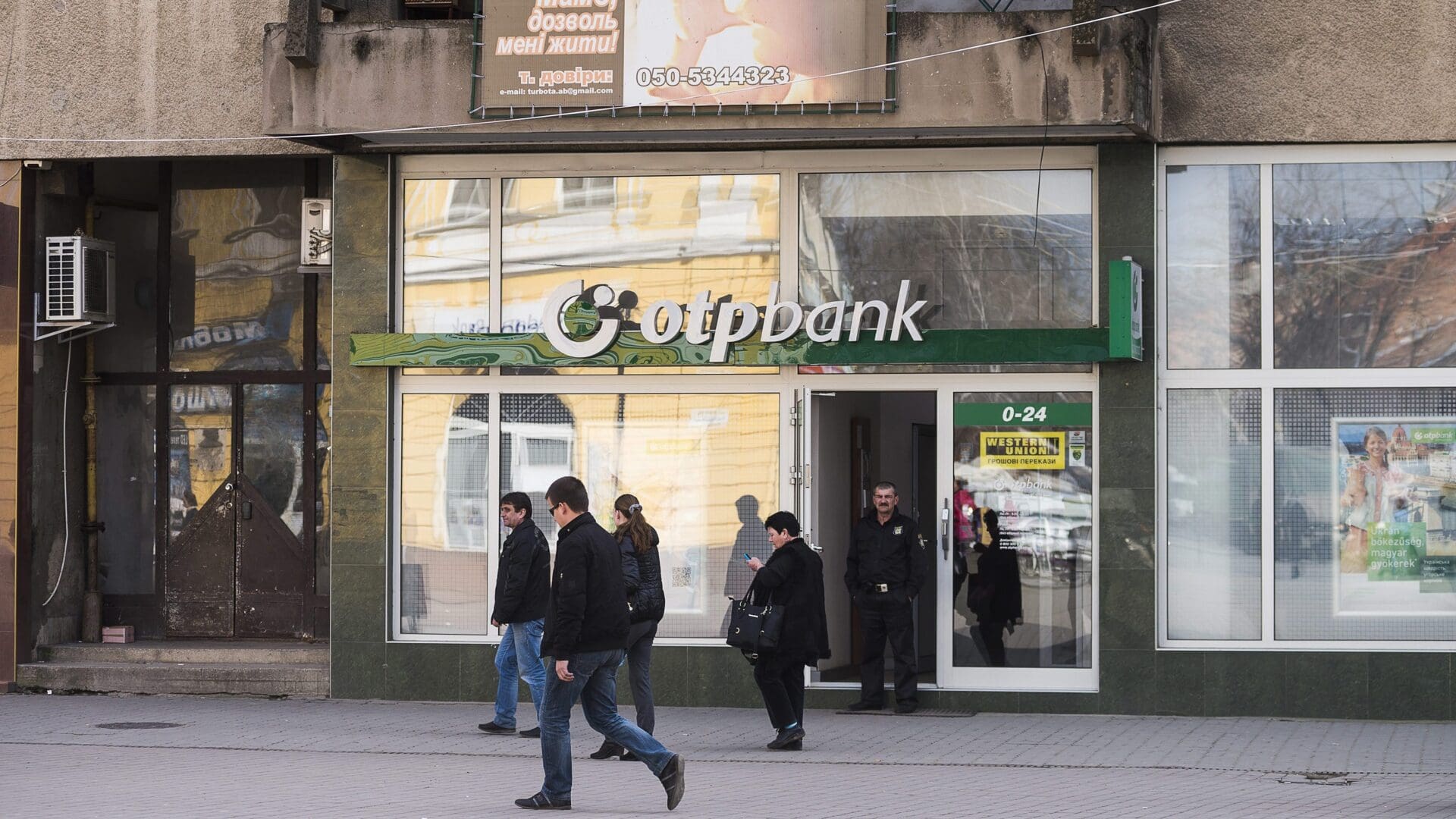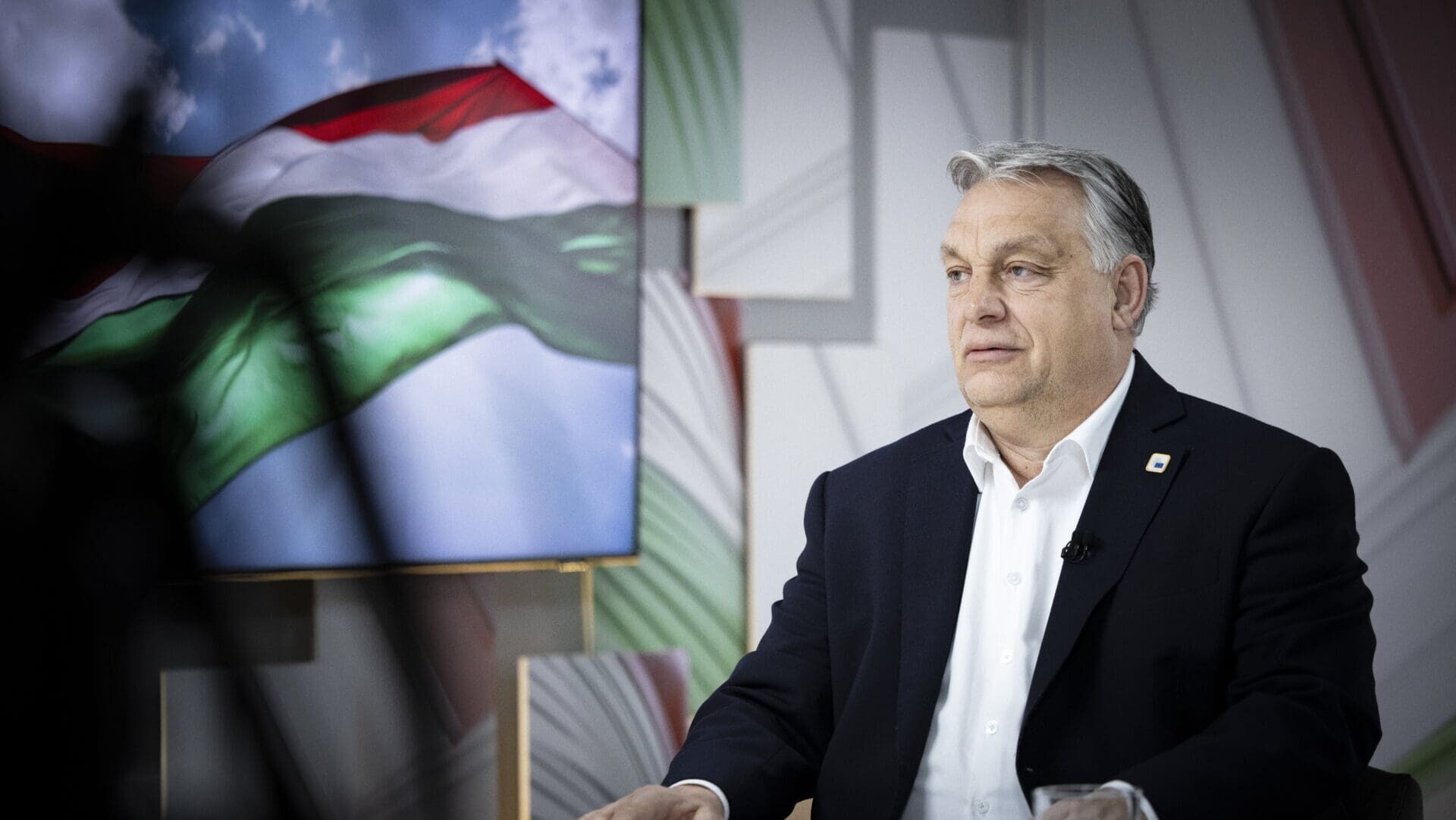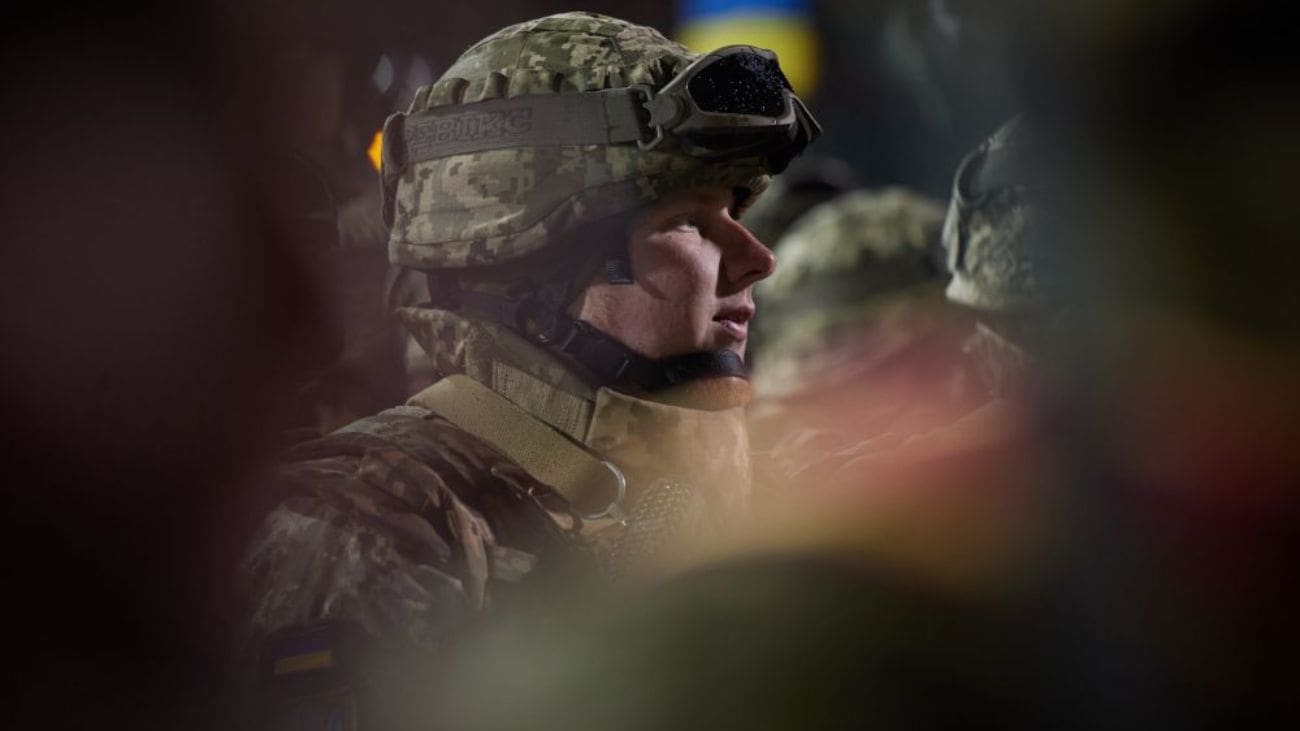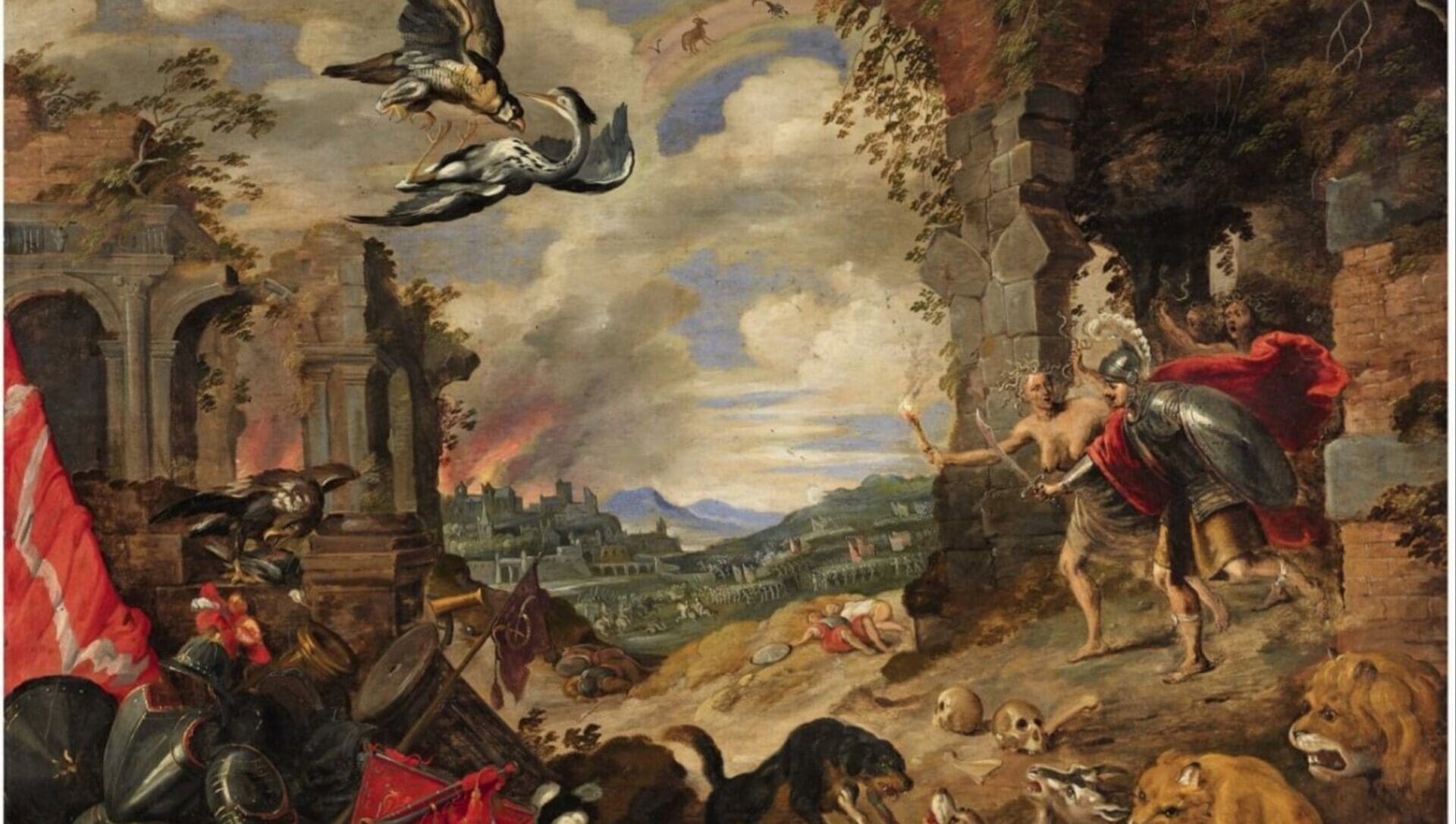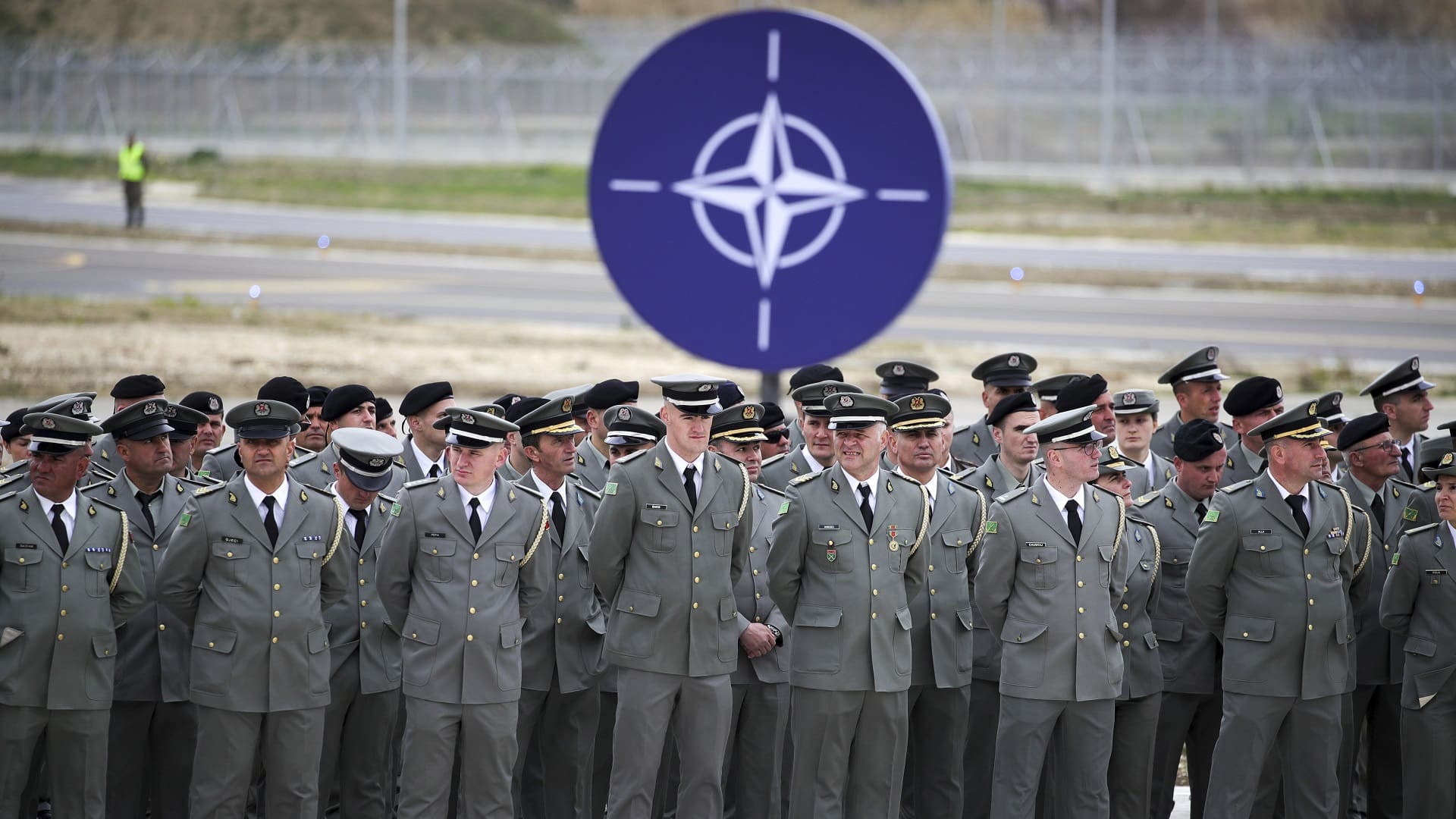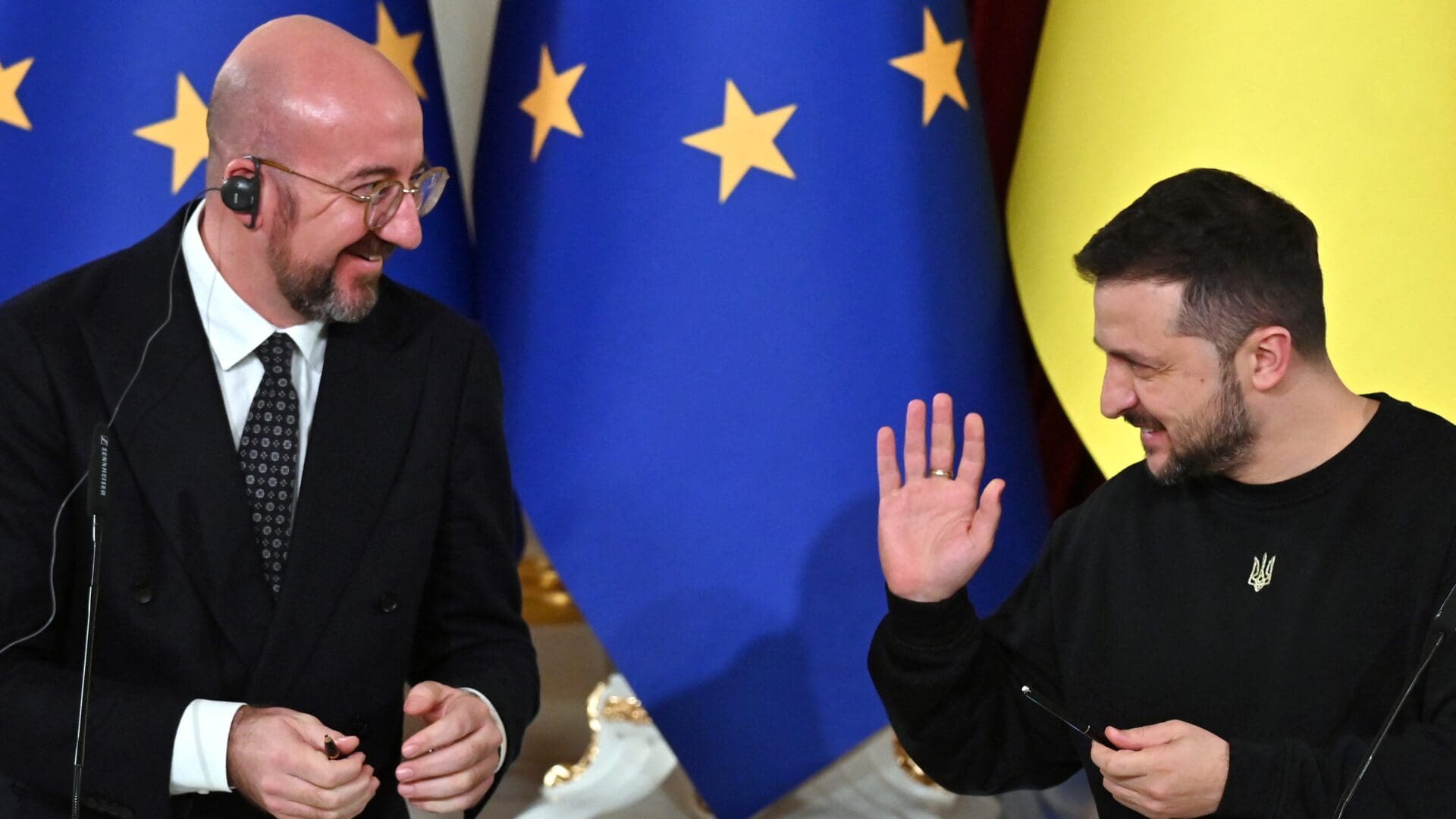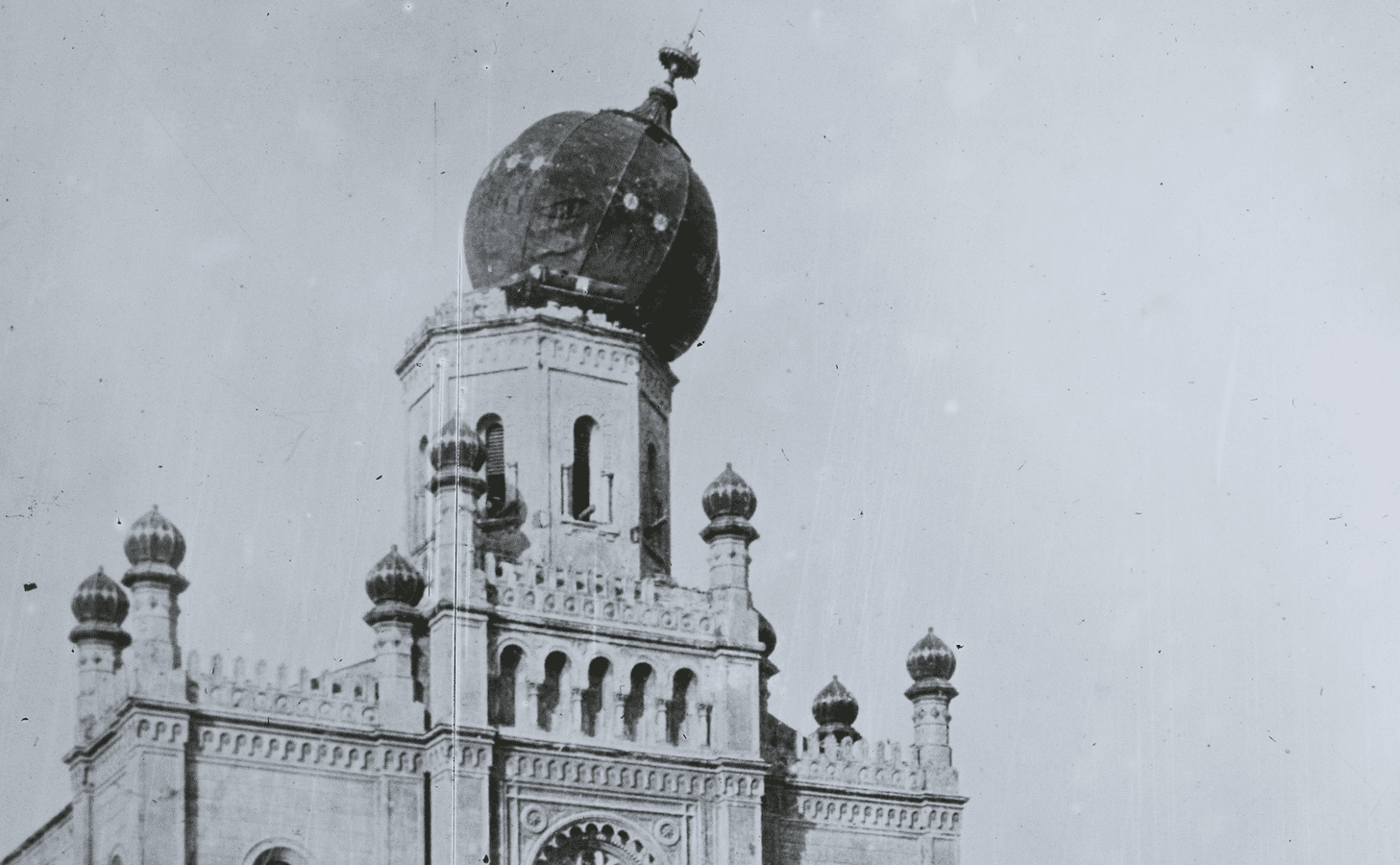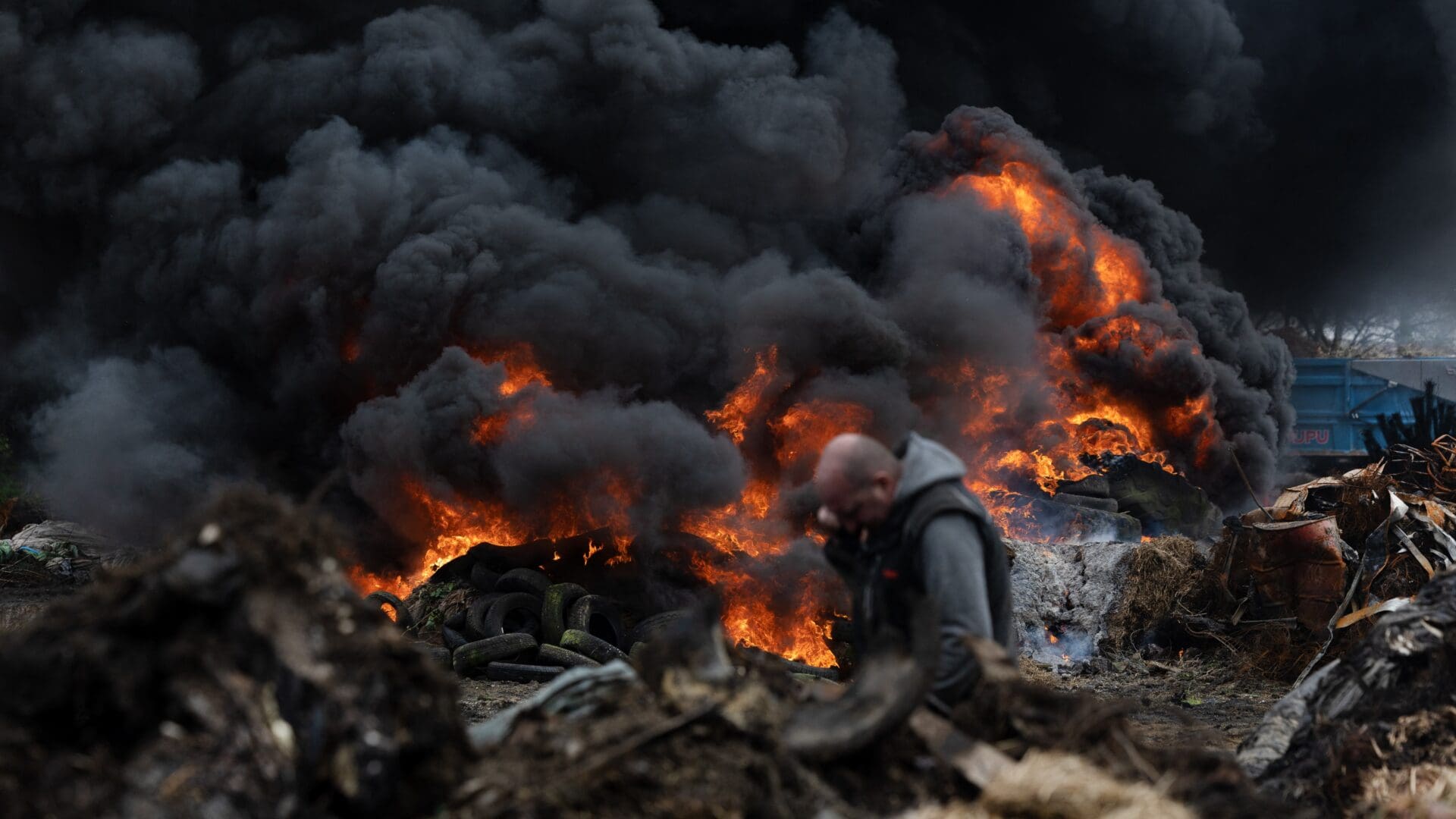
When Green Dreams Meet Peasant Schemes
‘The protests today, like the Peasants’ War, are not merely about specific policy grievances but represent a broader disillusionment with political and economic systems that seem increasingly out of touch with the needs and values of significant portions of the population. Both movements illustrate how new social forces can galvanize widespread action, pushing societies to a tipping point where change becomes inevitable.’


